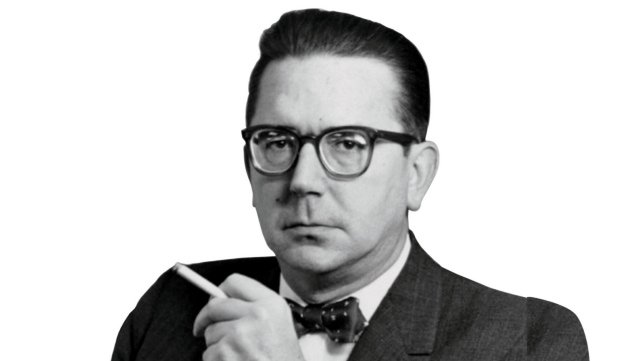Why Read?

I have never let my schooling interfere with my education - Mark Twain As a lifetime believer in the value of education (not schooling) its hard for me to understand why some of us don't read. I am reading for as long as I can remember. And as far as I know, when I started reading no one in my family was doing it. I just slipped into it. Maybe it was because I wasn't interested in anything else - such as sports. But whatever the reason, in today's world reading can no longer be thought of as a hobby or a chore but as an essential part of life. Its almost every week I meet someone who complains that he wants to read and has tried several times but never caught on to it. Some say its because of time constraint (I know it must be very difficult for guys with kids and families), others say its due to the lack of energy and some even say its because they feel sleepy as soon as they open a book (my answer to them is "you are very lucky, some people ha...
